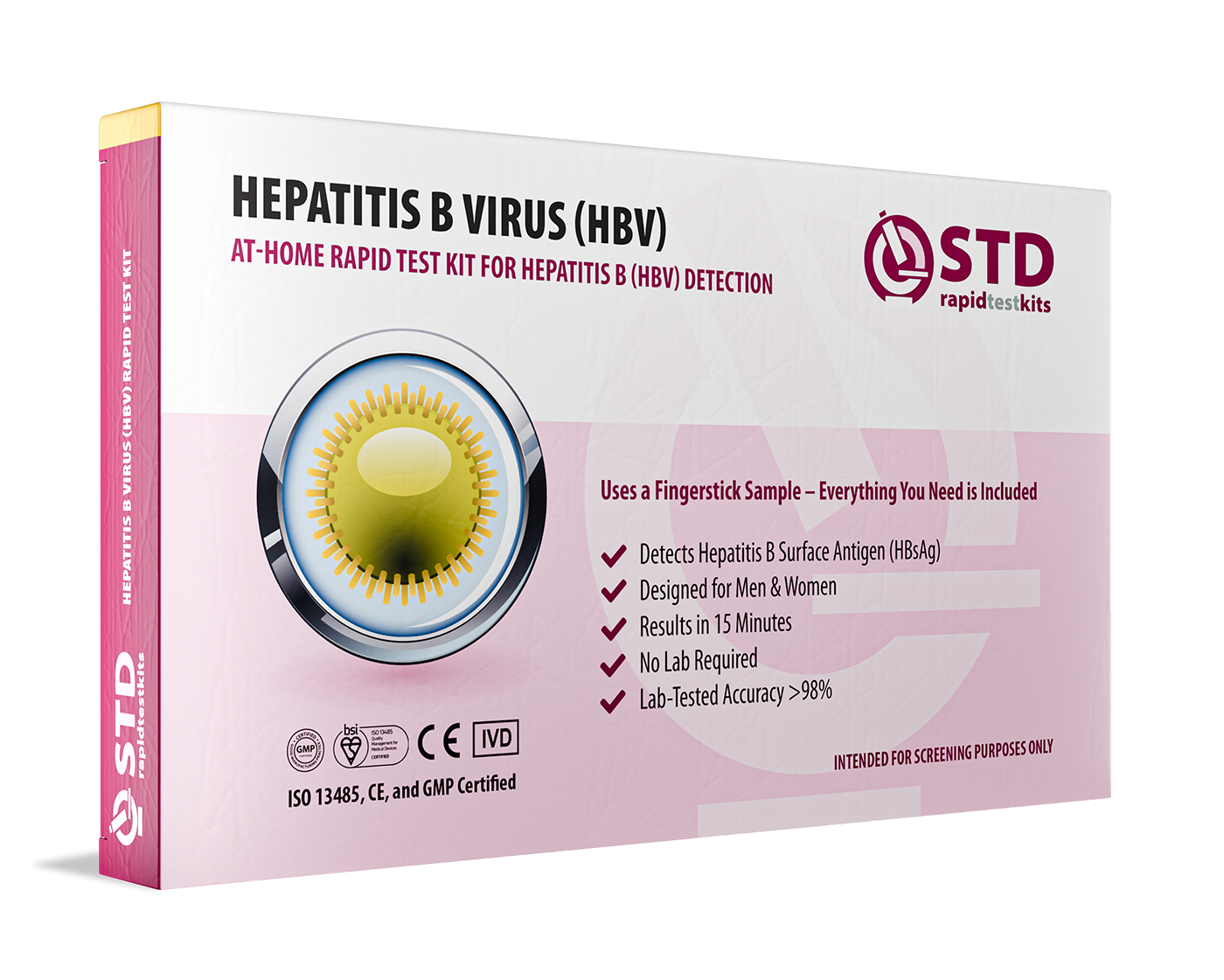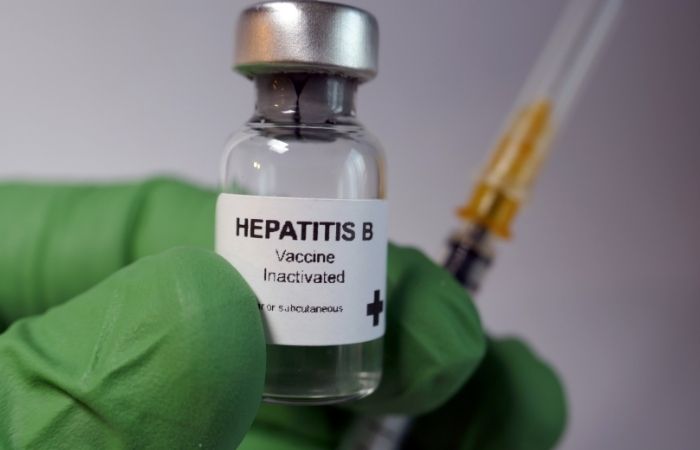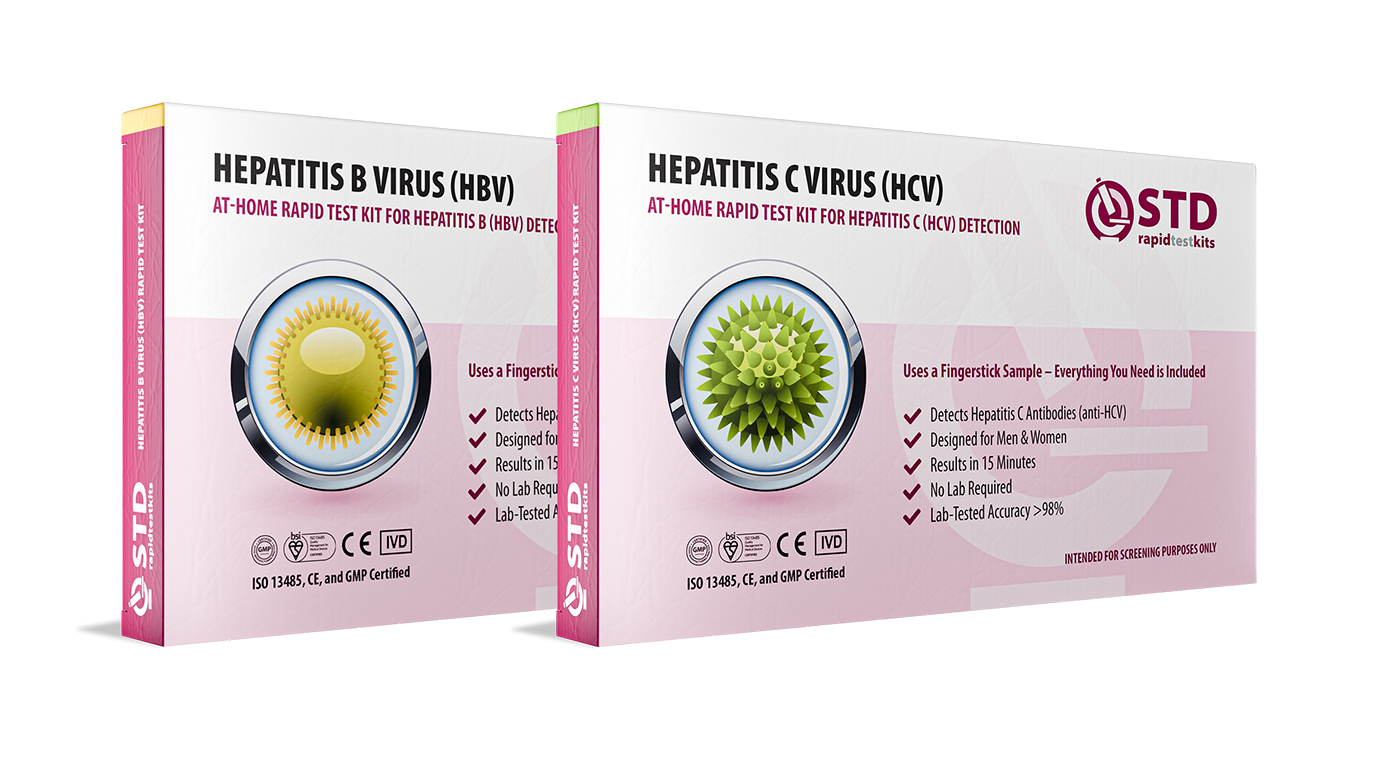I Tested Too Early for HIV, Here’s What Happened
Hepatitis B Risk Factors
Hepatitis B is an infectious disease caused by the Hepatitis B virus, usually obtained through direct contact with infected blood, semen, and other body fluids. The virus is often transmitted through sexual contact without protection, sharing needles, and transmission from mother to child during and after birth.
Infection with Hepatitis B may result in the most disastrous outcomes. The common outcomes of chronic HBV infection include serious liver damage due to fibrosis, cirrhosis, and hepatocellular carcinoma. The World Health Organization estimated that there were 296 million people infected with chronic Hepatitis B infection in 2019, and the virus took about 820,000 deaths annually.
Fortunately, all of these scary numbers can be avoided with a simple vaccine that prevents Hepatitis B. In fact, when the vaccine became available in the 1980s, it marked a turning point in the fight against the disease since a sure way of keeping individuals and populations safe from Hepatitis B was developed for the very first time.

Major Hepatitis B Vaccination Benefits
Prevention of Birth Delay
Hepatitis B vaccination has many important advantages, including the capacity to stop transmission from mother to child. Babies whose mothers test positive for HBV are more likely to get the virus during childbirth. If nothing is done, as many as 90% of these babies will end up with chronic Hepatitis B.
It is greatly diminished with multiple doses of the vaccine given along with the administration of delivery within 24 hours. Babies are prevented from lifetime complications when the vaccine is provided together with immunoglobulin therapy, which provides protection against vertical transmission of as high as 95%.
Reduction in Community Spread
Targeted vaccination programs for high-risk populations such as healthcare workers, drug injectors, and persons with multiple sexual partners have contributed to the decline in the prevalence of the virus in communities. In that, the vaccine acts as an interposing factor by providing immunization to the targeted populations and reducing the chance of the virus reaching susceptible populations.
Lower Incidence of Chronic Infections
Immunization has, over the years, drastically reduced cases of chronic Hepatitis B infection. The natural incidence of blood virus infection rates has decreased to below one percent among children below age five years in countries having introduced universal vaccination. As such, this relieves congestion on healthcare systems and offers individual health benefits.
Ensuring Maternal Immunity
Vaccination programs build immunity in the population as a whole, not just in the individuals. Vaccination also protects people who are not able to get the vaccine for some medical reason and slows the virus's ability to infect a new host.

Hepatitis B Vaccination: Difficulties and Dangers
Vaccines are Not Readily Available
The Hepatitis B vaccination is highly accessible in most countries; however, it remains out of reach in countries with either low incomes or those that are geographically far from most areas. Most vaccination initiatives often have issues related to logistics, health infrastructure, and financing, among others, that lead to the failure to vaccinate most vulnerable populations.
Misgivings About Vaccines
Vaccine hesitancy remains a big challenge, even where enough evidence exists that the vaccine is safe and efficacious. Lower vaccination rates in some communities are linked to myths, misapprehensions about the adverse effects, and a lack of confidence in healthcare systems.
Knowledge Gaps
Unfortunately, most are uninformed about the ravages of Hepatitis B and further still about its available immunizations. For these very reasons, many people delay vaccinating or never vaccinate, simply allowing the virus to survive on.
Scheduling Vaccinations Properly
The Hepatitis B vaccine is administered at different dosages over six months. As a result of not completing the vaccination series, the effectiveness wears off, putting a person at risk of the infection.
Order Now $33.99 $49.00 Check Your STD Status in Minutes
Test at Home with Remedium
Hepatitis B Test Kit




Some Statistics: Facts and Figures
- 90% Reduction in Child HBV Infections: Chronic Hepatitis B infections have reduced drastically among children below five years of age since universal vaccination was introduced.
- Around 1.5 Billion Doses Administered Worldwide: The Hepatitis B vaccine has grown exponentially over the past few decades, gaining popularity as one of the best vaccines within its niche.
- 95% Success Rate: Clinical trials demonstrated that more than 95% of the individuals who complete the series of shots attain long-term immunity from Hepatitis B.
Opinion of Medical Professionals and Their Views Based on Practical Experience
According to one explanation, renowned hepatologist Dr. Emily Harper stated:
"The Hepatitis B vaccine is one of the most effective tools in modern medicine.Not only does it reduce public health burdens, but by preventing infections at their root, it also minimizes human suffering."
True Stories of Success
Taiwan provides the best case study of how vaccination can bring about change. Less than twenty years after implementing a nationwide Hepatitis B vaccination program, the prevalence of chronic HBV infections in the general population had reduced from 15% to less than 1%.

Frequently Asked Questions
1.- What is Hepatitis B and how is it transmitted?
Exposure to infectious blood or body fluids is the primary mode of Hepatitis B virus transmission, a vaccine-preventable infection of the liver.
2.- How effective is the Hepatitis B vaccine?
After all doses are complete, the vaccine is effective against more than 95 percent.
3.- Can Hepatitis B be cured?
While early immunization prevents the infection, there is no cure for chronic Hepatitis B yet.
4.- Does the Hepatitis B vaccine have any adverse side effects?
General side effects include pain at the site of injection and a minor temperature.
5.- The Hepatitis B vaccine: Who and why?
Vaccination is important for all, but most importantly for the high-risk group, people working in the health department, and infants.
6.- For how many months is the vaccine effective?
Most of the time, protection is for life and stays for decades.
7.- How can I catch up if a vaccine dose is missed?
Continue the series without needing to restart. If advice is needed, go to your doctor.
8.- Could the vaccine prevent the virus being passed from mother to child?
The vaccine is very effective if administered to a baby along with immunoglobulin at birth.
9.- What role does the vaccine play in reducing the transmission rate?
The vaccination prevents the spreading of the virus within the community because it protects individuals.
10.- Once a person has been vaccinated, does it no longer have to be tested for Hepatitis B?
Booster vaccination is absolutely indicated in those who are more susceptible or whose vaccination status is not clear. One convenient method is the Hepatitis B & Hepatitis C Home Test Kit.
Order Now $49.00 $98.00 Check Your STD Status in Minutes
Test at Home with Remedium
Hepatitis B & Hepatitis C Test Kit




For all 2 tests
Get Vaccinated!
Hepatitis B vaccination is the cornerstone of world health in preventing the spread of infection and saving lives. Individuals who get vaccinated, raise awareness, and frequent testing using at-home STD test kits may be enabling a healthier future. Take immediate action to protect yourself and those you care about.
Hepatitis B Home Test Kit | Hepatitis C Home Test Kit
Sources
1.- Epidemiological and Clinical Characteristics of Hepatitis B in Low-Income Countries
2.- Global Hepatitis B Vaccination Strategies
3.- The Long-Term Impact of Universal Hepatitis B Vaccination
4.- Historical Advances in Hepatitis B Vaccination
5.- Effectiveness of Hepatitis B Vaccination Programs










